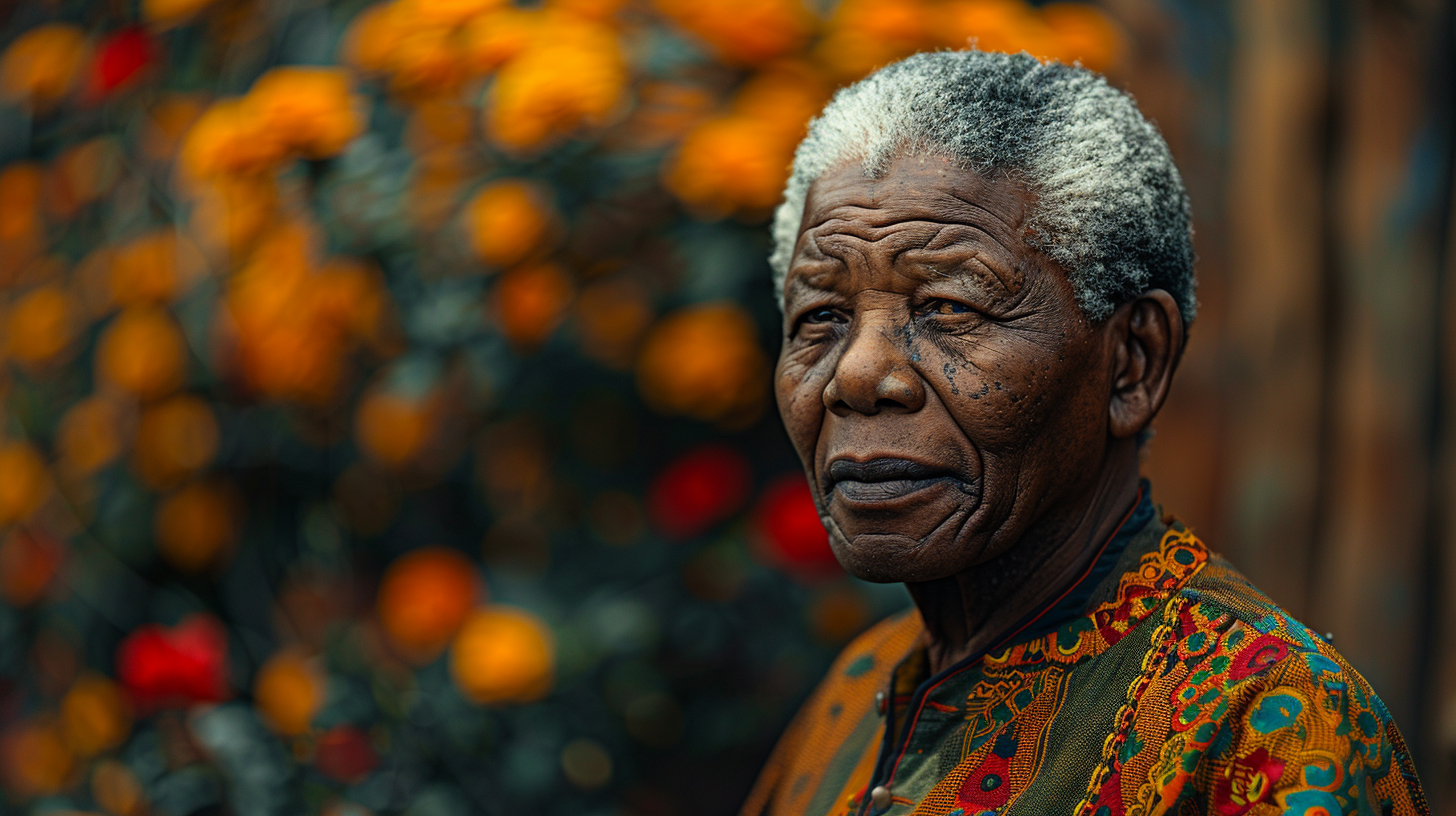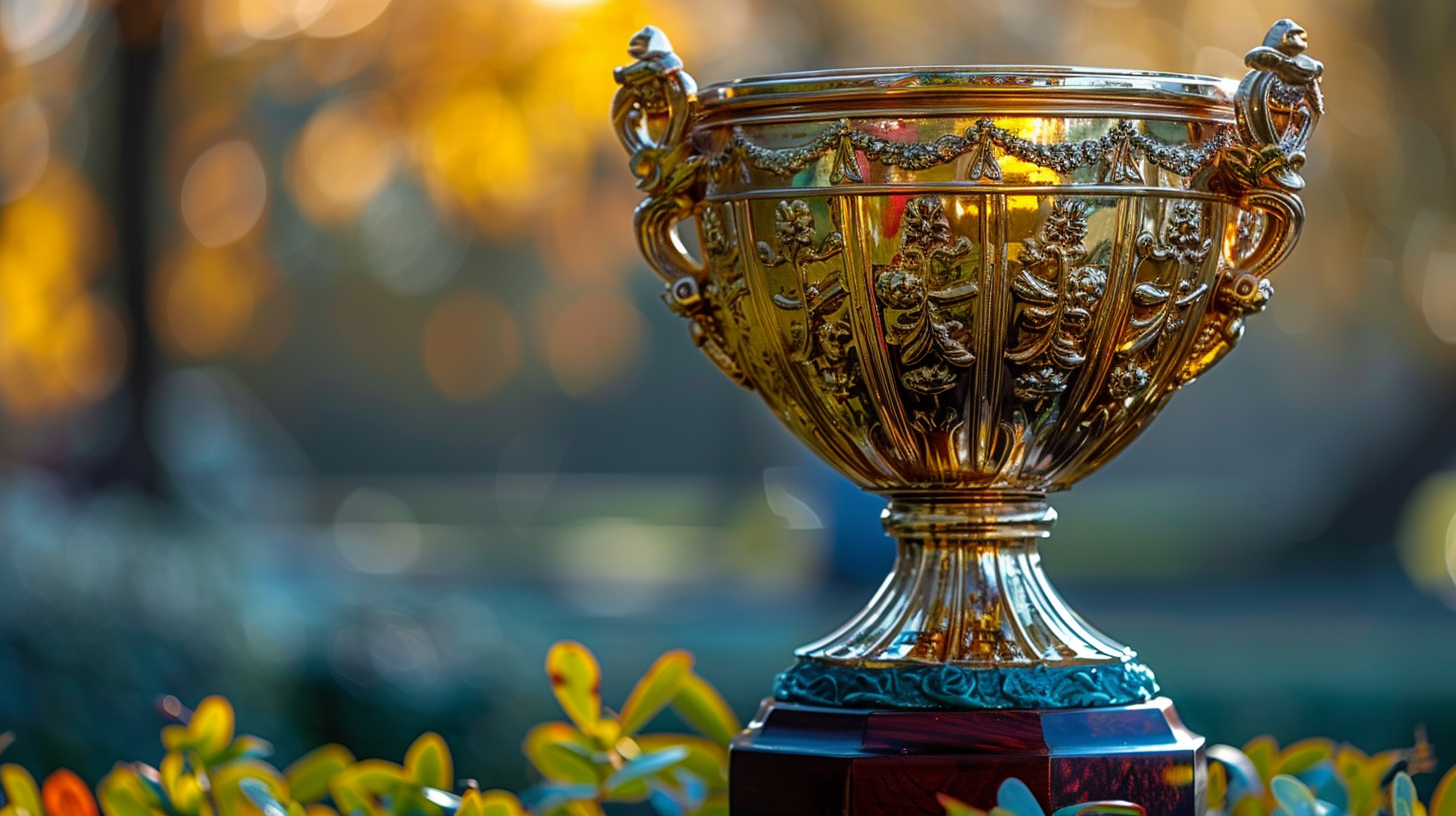South Africa stands as one of the world's premier cricket-playing nations, with the sport ranking as the country's third most popular after rugby and football. The International Cricket Council (ICC) recognizes South Africa's prowess, granting it the privilege of participating in Test cricket. In 2012, South Africa achieved a significant milestone by topping the ICC rankings in all three formats of the game.
The roots of cricket's popularity in South Africa trace back to the nation's history. Captain Sir James Craig, leading an expedition during the first British occupation of the Cape Colony, introduced cricket to South Africa. Officer Charles Angish, an early member of the Maryleebane Cricket Club, organized competitions in Cape Town, with the first recorded matches dating back to 1808. The country's inaugural cricket club emerged in Port Elizabeth in 1843.

A pivotal moment in South Africa's cricket journey was the inauguration of the Currie Cup in 1888, a first-class tournament sponsored by Scottish tycoon Sir Donald Currie. His sponsorship extended to a national tour for the England cricket team, propelling South Africa to international recognition and solidifying its place as the third-ranking cricket nation globally, behind England and Australia.
While cricket spread domestically among the African and Indian diaspora in the early 20th century, top-class international tournaments remained restricted to white players. The South African War and the World Wars briefly interrupted matches, but cricket regained momentum in peacetime.
The advent of the apartheid regime in 1948 impeded the game's progress, with non-white players barred from participating in test games and overseas teams with non-white players. This era saw South Africa facing international boycotts, resulting in talented players leaving the country and a decline in match standards and attendance.

The end of apartheid marked a turning point for South African cricket. With Nelson Mandela assuming the presidency in 1994, the country embarked on a path of reconciliation, including changes in sports. Efforts to address racial disparities in cricket became a priority, fostering unity in a nation torn by historical tensions.
In 1991, the ICC invited the South African Cricket Board to rejoin the international sporting community. The country's accumulated potential, unleashed after years of isolation, led to South Africa's resurgence in international competitions. Today, the South African cricket community stands as a formidable force on the global stage, consistently surprising and delighting fans with its stellar performances.

